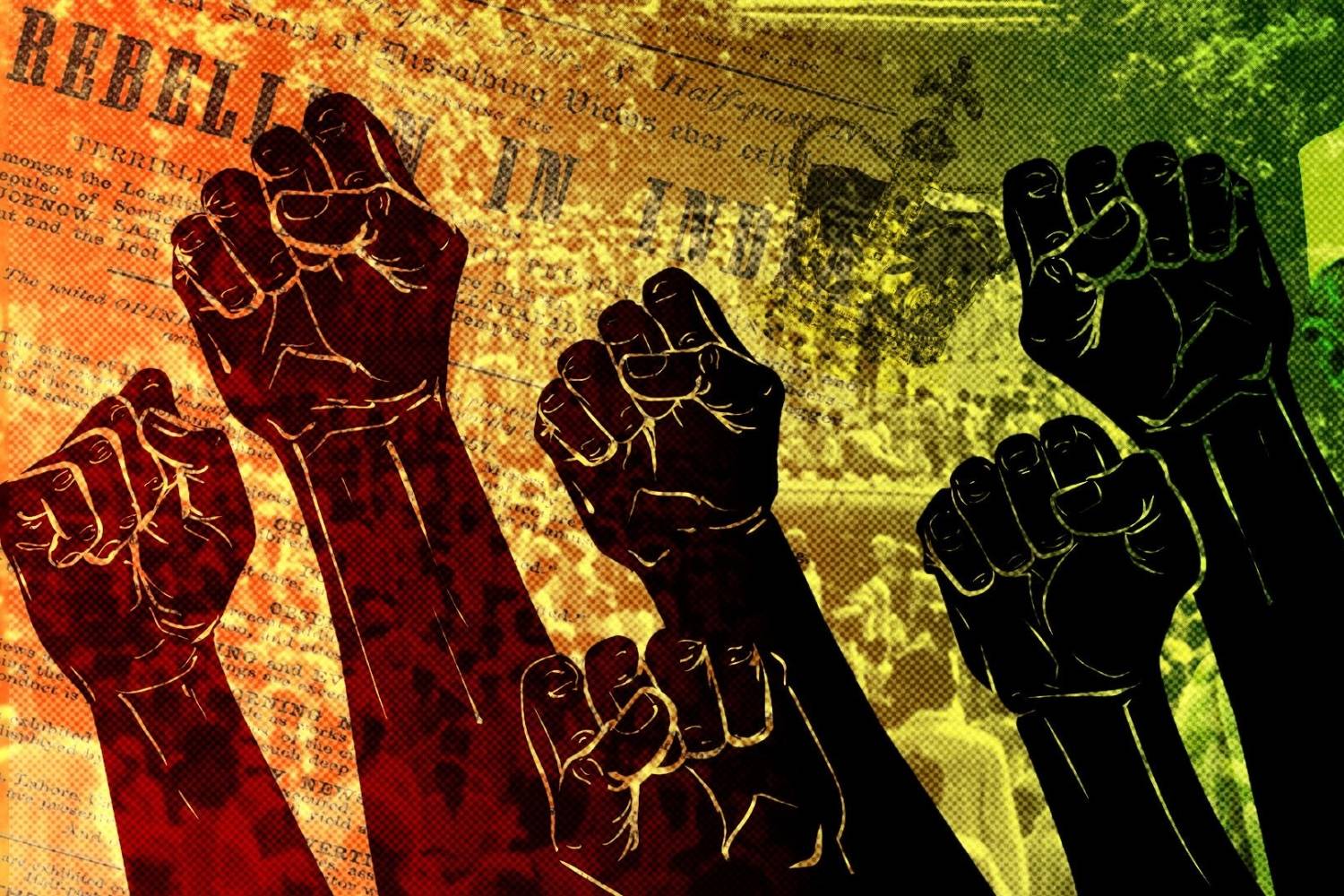
Independence is a powerful concept that resonates deeply with people around the world. But what does it truly mean? Independence signifies freedom from control or influence by others, allowing individuals or nations to make their own choices. This idea has shaped history, sparked revolutions, and inspired countless movements. From the American Revolution to India's struggle for freedom, the quest for independence has driven significant change. It's not just about political freedom; personal independence is equally important. It involves self-reliance, the ability to make decisions, and the courage to stand alone when necessary. Understanding independence helps us appreciate the sacrifices made for freedom and the value of self-determination in our daily lives.
What is Independence?
Independence is the state of being free from outside control or influence. It can apply to countries, individuals, or even ideas. Here are some fascinating facts about independence.
- The United States declared independence from Great Britain on July 4, 1776.
- India gained independence from British rule on August 15, 1947.
- The Declaration of Independence was primarily written by Thomas Jefferson.
- The Philippines celebrates its Independence Day on June 12, marking freedom from Spanish rule in 1898.
- Many countries have their own unique Independence Day traditions, such as fireworks, parades, and cultural performances.
Historical Moments of Independence
Throughout history, many nations have fought for and achieved independence. These moments are often celebrated annually as national holidays.
- Mexico's Independence Day, known as "El Grito," is celebrated on September 16.
- Brazil declared independence from Portugal on September 7, 1822.
- Ghana was the first African country to gain independence from colonial rule on March 6, 1957.
- Algeria gained independence from France on July 5, 1962, after a brutal war.
- Vietnam declared independence from France on September 2, 1945.
Symbols of Independence
Symbols play a crucial role in representing a nation's independence. They often include flags, national anthems, and monuments.
- The American flag, also known as the Stars and Stripes, is a symbol of U.S. independence.
- India's national flag, featuring the Ashoka Chakra, symbolizes freedom and peace.
- The Statue of Liberty in New York Harbor is a global symbol of freedom and democracy.
- The Eiffel Tower in Paris was initially criticized but later became a symbol of French pride and independence.
- The Lion of Judah on the Ethiopian flag represents the country's long history of independence.
Independence Movements
Independence movements are efforts by groups or nations to gain freedom from oppressive rule. These movements often involve significant struggle and sacrifice.
- The American Revolution was a pivotal independence movement against British rule.
- The Indian independence movement, led by figures like Mahatma Gandhi, used nonviolent resistance.
- The Haitian Revolution was the first successful slave revolt, leading to Haiti's independence in 1804.
- The Irish War of Independence resulted in the establishment of the Irish Free State in 1922.
- The South African anti-apartheid movement, led by Nelson Mandela, ended racial segregation and led to independence in 1994.
Modern-Day Independence
In the modern era, independence can also refer to personal freedom and self-sufficiency. This can include financial independence, emotional independence, and more.
- Financial independence means having enough wealth to live without working for basic necessities.
- Emotional independence involves being self-reliant and not overly dependent on others for emotional support.
- Many people seek independence through entrepreneurship, starting their own businesses to gain control over their careers.
- Technological advancements have made it easier for people to work remotely, increasing personal independence.
- Education is often seen as a key to achieving personal and national independence, empowering individuals to make informed decisions.
Independence: A Timeless Concept
Independence isn't just a historical milestone; it's a living, breathing idea that shapes our world. From the birth of nations to personal freedoms, the quest for independence drives progress. It’s about self-determination, the right to make choices, and the courage to stand alone when necessary. Independence Day celebrations worldwide remind us of the sacrifices made for freedom and the ongoing struggles to maintain it. Whether it’s a country breaking free from colonial rule or an individual asserting their rights, independence is a powerful force. It inspires innovation, fosters resilience, and cultivates a sense of identity. As we reflect on these 25 facts, let’s appreciate the diverse ways independence manifests in our lives. Embrace the spirit of independence, cherish the freedoms we enjoy, and remember the continuous effort required to preserve them. Independence is timeless, relevant, and worth celebrating every day.
Was this page helpful?
Our commitment to delivering trustworthy and engaging content is at the heart of what we do. Each fact on our site is contributed by real users like you, bringing a wealth of diverse insights and information. To ensure the highest standards of accuracy and reliability, our dedicated editors meticulously review each submission. This process guarantees that the facts we share are not only fascinating but also credible. Trust in our commitment to quality and authenticity as you explore and learn with us.
